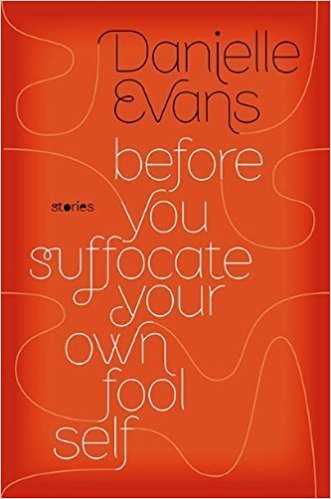PROFESSOR: Well, thanks for reading an excerpt from your submission, Eric. That was certainly chilling. So, I’ll open this to the group now. What do we like about this?
(Silence)
PROFESSOR: What do we think? What’s working here?
STUDENT A: I dunno I thought it was kinda ‘meh.’
PROFESSOR: So, two things. Typically, we want to start with something the author has done well. And I think if we want to be helpful to Eric, then I think it’s important that we give him more specific, concrete examples of what we’re talking about. Do we have any examples of what was so ‘meh’?
STUDENT B: I just wasn’t buying it. First of all, you have this country, Oceania, that isn’t in Australia where Oceania is in real life – it’s like, the entire Western Hemisphere plus England, because this seems to take place in London. Yet London isn’t part of England? It’s like, there’s no way this would ever possibly happen.
STUDENT C: Yeah, I’m Canadian, and there’s no way we’re letting Oceania annex us.
PROFESSOR: OK, let’s talk about world-building. How does—
STUDENT B: What is Airstrip One? Why does Winston live in an airport?
ERIC: He doesn’t live in an airport, Airstrip One is—
PROFESSOR: Remember, Eric, you’re still “in the box.” You’ll get a chance to address these comments at the end.
STUDENT D: It’s just really hard to suspend disbelief here.
PROFESSOR: Could you elaborate on that?
STUDENT D: These characters believe whatever this Big Brother guy tells them. He spreads this nonsense like, 2 + 2 = 5, and they’re always talking about how they’re about to win the war, but it never happens and—
STUDENT C: Why do they keep fighting? Who fights a war for 10 or 15 years?
STUDENT D: – and, anyway, the rank and file characters believe everything they’re told. It’s just really insulting to the intelligence of humans in general. These prominent people spread whatever factoid they want, and this segment of the population believes it, no questions asked? That’s not how it works. People have brains. They can think critically.
STUDENT C: Wait…I’m confused. Was Big Brother the president? Or the host of the TV show?
ERIC: NO! Big Brother was—
PROFESSOR: Eric, I think I’ve established the rules. If you continue to interrupt we’re going to have to stop the workshop.
ERIC (muttering under his breath): This is ridiculous.
STUDENT E: Why are they so mad at Emmanuel Goldstein? And why is it that all the scheming bad guys have to be Jewish? Like, for once, could the bad guy be German? Or Muslim?
STUDENT C: This is more a comment than a question – you should use a grammar check before you submit these workshop samples, because there were a lot of sloppy grammatical errors.
PROFESSOR: Do you have any examples?
STUDENT C: Well, for starters, Thoughtcrime is two separate words, not one. “Thought” and “crime.” Same with doublethink.
STUDENT A: Yeah, I noticed that too.
STUDENT B: Me too.
STUDENT C: You’re not using the words correctly.
(Eric crumples up his paper.)
PROFESSOR: Does anybody have any other questions?
STUDENT B: I mean, yeah but, I feel like there are too many questions to go over here.
(Silence)
STUDENT C: You know what this piece needs? More of a Gone With the Wind thing to the love story.
PROFESSOR: OK, so now we can turn thing over to you, Eric. Do you have any questions for us?
(Silence)
PROFESSOR: Eric? This is your opportunity to address some of the things we discussed about your workshop piece. You seemed like you had some things to say earlier.
PROFESSOR: Well?
ERIC: Never mind, I think it’s pretty obvious that we’re all beyond hope. (Grabs his papers, gets up from the table and leaves.)
















